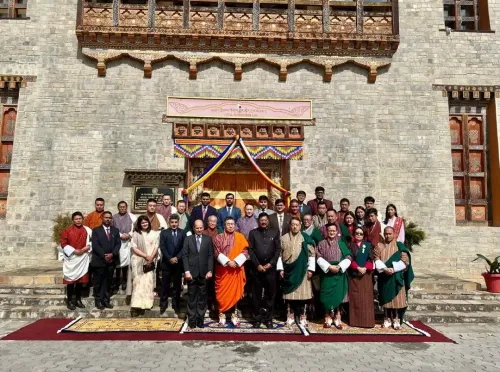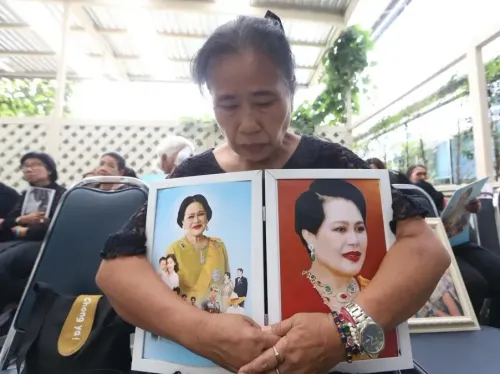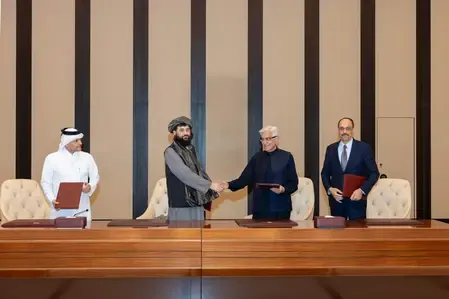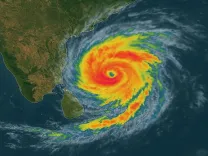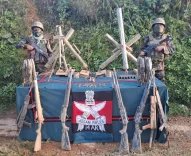Is Pakistan Supporting Jihadists to Silence Baloch Voices?
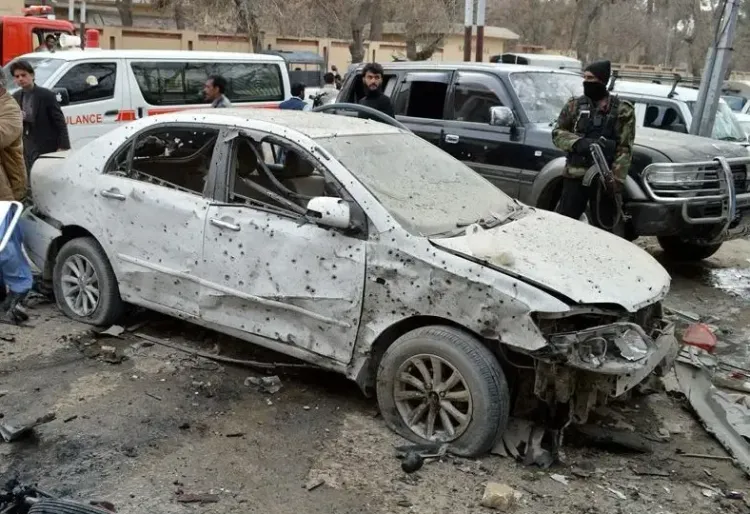
Synopsis
Key Takeaways
- Pakistan's military establishment has allegedly supported jihadist groups to suppress Baloch dissent.
- The ISPP is linked to growing violence in Balochistan.
- The Quetta bombing reveals a critical security vacuum.
- Nationalist movements are increasingly targeted, raising questions about state motives.
- The situation risks creating a new theatre of conflict in Balochistan.
Quetta, Sep 8 (NationPress) For many years, the military apparatus of Pakistan has nurtured and sheltered jihadist factions as instruments of regional strategy aimed at muffling Baloch dissent against Islamabad's violations, according to a report released on Monday.
The Islamic State Pakistan Province (ISPP), a branch of the terrorist organization ISIS-Khorasan Province (ISKP), which took credit for the suicide bombing on September 2 at the Balochistan National Party-Mengal (BNP-M) gathering in Quetta, highlights the critical security void that Pakistan has allowed to expand in Balochistan, as detailed in a report from The Balochistan Post.
Moreover, the report asserted that the incident, which resulted in the deaths of at least 14 individuals and injuries to over 30, is not an isolated event but a culmination of years of Pakistan's initiatives designed to destabilize Balochistan and cultivate an environment for global terrorist organizations.
"These very forces have now turned against ethnic nationalists, progressives, and critics of the state. ISKP's propaganda, especially the publication Qaumiyat Ka Fareb (The Deception of Nationalism), indicates that Baloch, Pashtun, and progressive voices are regarded as threats comparable to, if not exceeding, those posed by foreign nations," the report indicated.
It further mentioned that the overlap between the ISKP's proclaimed adversaries, which coincide with Pakistan's own opponents -- BNP-M, BYC, Pashtun Tahafuz Movement (PTM), and Pashtunkhwa Milli Awami Party (PKMAP) -- raises an unsettling question: who stands to gain when these factions are silenced?
Referring to the Quetta bombing as the latest example in a pattern orchestrated by Islamabad to undermine Balochistan's resistance, the report observed, "From the March 2025 attempt on BNP-M leaders in Mastung to ISKP's overt threats against the BLA, BLF, and BYC, the militant agenda increasingly aligns with Pakistan's enduring strategy to erode Baloch opposition."
The report cited documents obtained in Kabul during an operation against ISKP by Afghanistan's General Directorate of Intelligence (GDI) last year, which detailed the terror group's "hitlist" of notable critics of Islamabad, including Akhtar Mengal and Dr. Mahrang Baloch.
"It is hard to overlook that these individuals are also the primary civilian opposition to Pakistan's military supremacy in Balochistan," the report further noted.
The Balochistan Post report also highlighted that Baloch fighters dismantled an ISKP facility in Mastung, resulting in the deaths of numerous terrorists, which it claimed illustrates that nationalist factions are "actively opposed to rather than aligned" with international jihadist movements.
Instead of protecting its own citizens, the report stated, Islamabad has consistently prioritized suppressing nationalist movements over dismantling transnational terrorist networks.
This selective strategy has facilitated the terror group ISIS to establish a presence in Balochistan, transforming it into a new conflict zone.
According to the report, the Quetta bombing is not merely an act of terrorism, but part of a "wider alignment of interests between Pakistan's establishment and ISIS affiliates in stifling dissenting, pro-independence, and democratic Baloch voices."
"Unless this connection is severed, Balochistan risks becoming not only a battleground between nationalists and the Pakistani military but also a launchpad for international jihadists exploiting the very disorder that Pakistan has cultivated," the report concluded.

